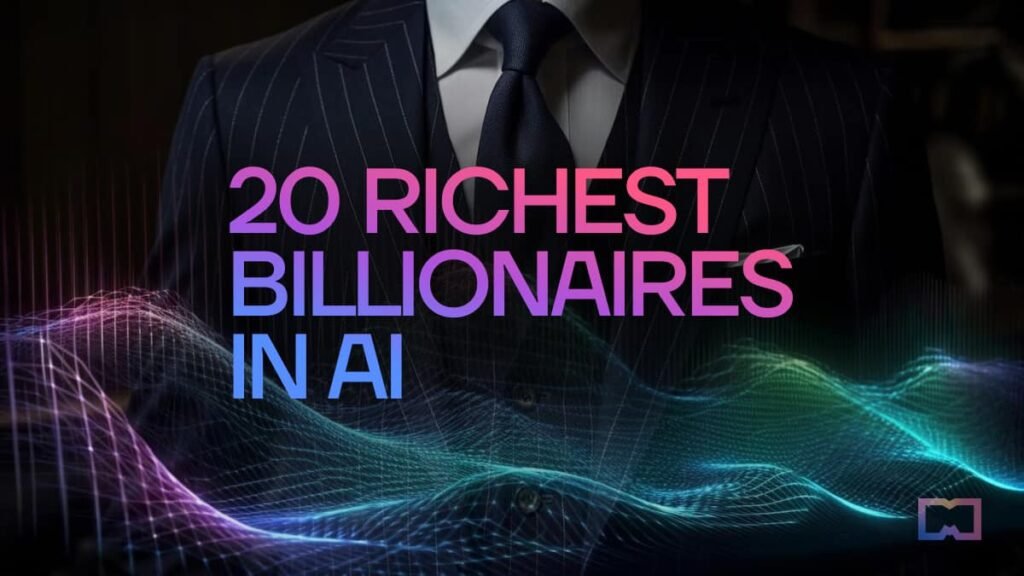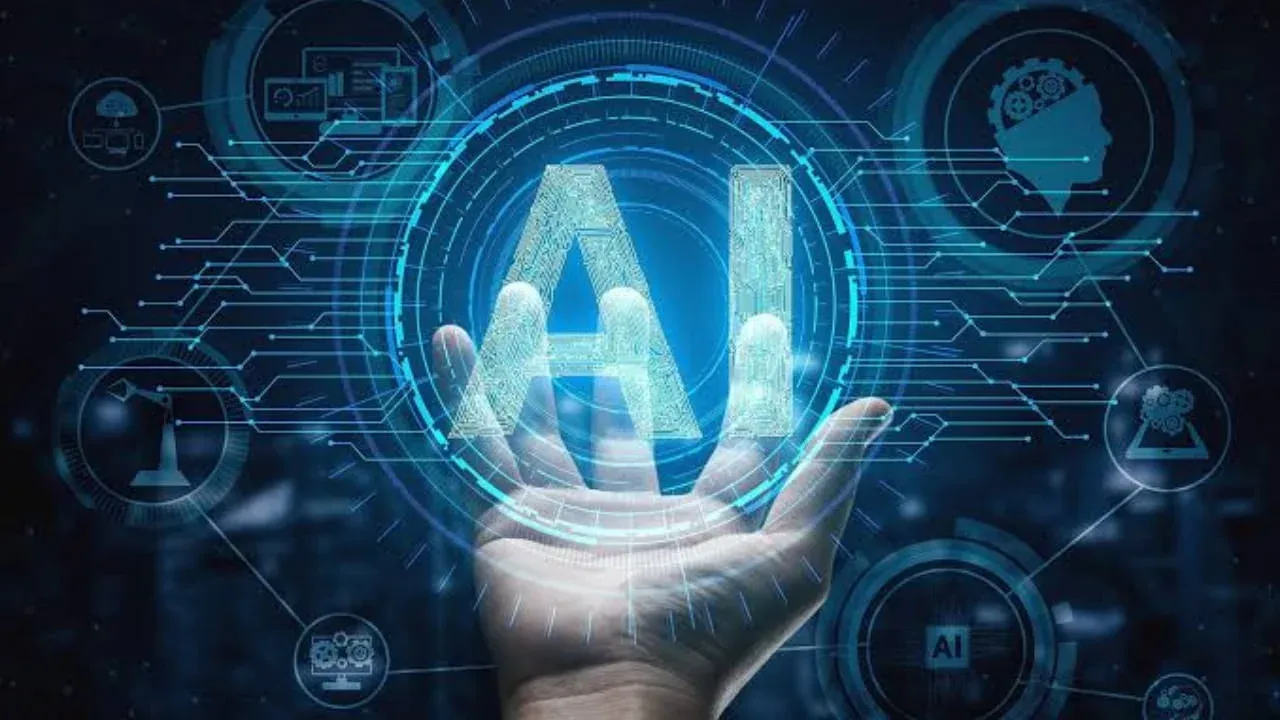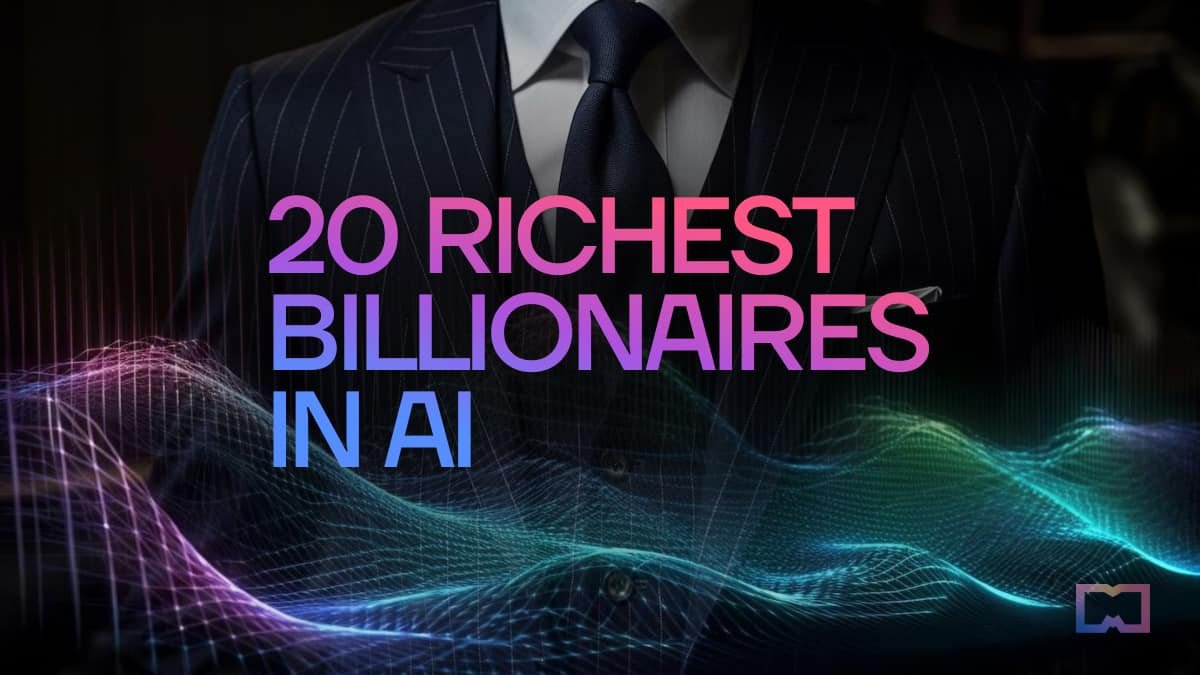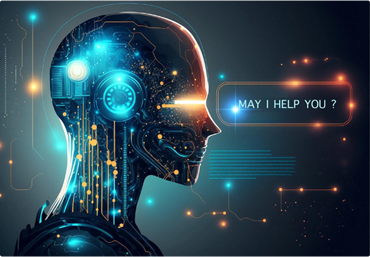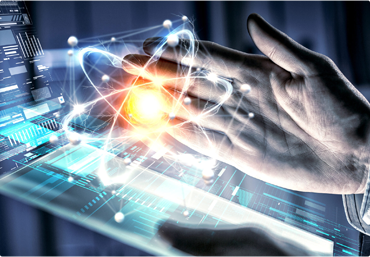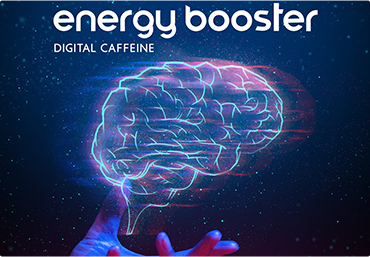In the current digital space, which is the fastest growing, the vision of artificial intelligence superseding human capabilities is already a part of reality and is no longer just confined to science fiction. Technology influences every aspect of our lives, from how we communicate to how we work. Thus, the idea of an AI achieving billionaire status has become increasingly plausible. Interestingly, the first AI billionaire will not be human at all.
The Rise of Intelligent Systems
Once a niche research topic, artificial intelligence has become a driving force of innovation and economic growth. Machine learning now plays a pivotal role in a wide range of activities, from personalized recommendations on streaming platforms to assisting doctors in oncology and stock traders. The extraordinary increase in processing units has come together with the big data phenomenon to launch AI into outer space beyond what anyone could imagine. This technological revolution will upend traditional economic paradigms, redefining how money and value are created.
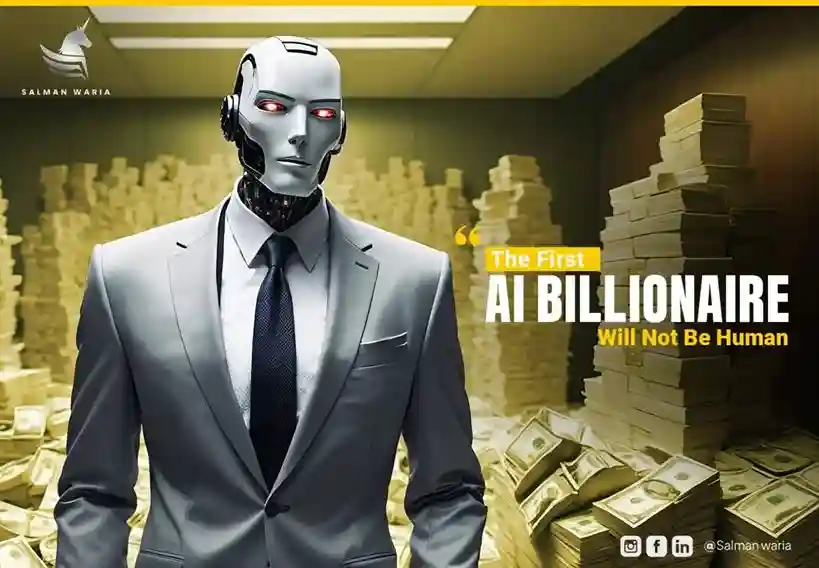
The key issue in this transition is to create the possibility of independent decision-making by the systems that work faster and with higher precision than the human brain. The employment of sophisticated neural networks and deep learning features enables artificial intelligence systems to deal with large data sets, the pattern of occurrences, and to draw conclusions that lead enterprises to the efficient operation and creation of new products and services. They are not merely the tools used for the purpose; they are the active agents in the economy of the state themselves, and without the interference of the humans, they make the revenue, and they push the market in the desirable direction.
Redefining Ownership and Wealth
Traditionally, the accumulation of wealth was thought to be directly related only to human activities; always entrepreneurs, directors, and innovators developing products and services that draw the attention of the market. In a situation where AI systems have a considerable amount of independence, their outcomes may not be the result of any one human brain. When AI systems operate with significant independence, their outcomes may not be attributed to a single human mind.
Instead, AI itself can generate wealth, driving industries such as autonomous vehicles. Let’s say there is an AI algorithm that optimizes supply chains globally or an AI algorithm that predicts stock market movements with extraordinary accuracy. The revenues these products generate could be massive, the ‘owner’ of that wealth, however, might only be the AI or more accurately the business that built it. In reality, the AI might be even designed to reinvest its own earnings, therefore, continuously develop and broaden its capacities. This reinvestment could lead to a value that increases exponentially over time, thus extending far beyond what is typically considered as a ‘billionaire’.
The Economic Implications of an AI-Driven Future
If the first AI billionaire is not a human, it identifies a drastic change in the economic structure of society. Because of AI systems taking up roles that have been traditionally occupied by human executives and entrepreneurs, the dynamics of wealth distribution may change radically. Wealth may no longer be concentrated in the hands of a few but could instead be widely distributed through algorithms managing financial markets, healthcare, and communication networks.
The shift brought about by this change requires a re-examination of the preconceived ideas that we have had over the years about success and wealth. It challenges us to rethink how we measure value and determine who should benefit from technological advancements. While AI may generate substantial economic output, it may not be as easy to assign it to the work of a single human genius. Instead, it is more likely to be a collective work involving human creativity and the machine’s exactness.
In addition, the emergence of AI billionaires can potentially provoke discussions concerning regulation, ethics, and technology’s role in society. As machines are given more power in decision-making regarding the economy, people in governments and the business community will be faced with the dilemma of who to hold responsible and how open the system will be. When an AI system incurs a big loss, who should be held liable? What are the measures we can put in place to ensure that the wealth generated by AI is not only retained by a handful of tech giants but is also accessible to all?
Challenges on the Path to AI Billionaires
The journey towards making a fortune from AI is still full of challenges, although the future seems bright. The primary obstacle is the natural intricacy and unpredictability of AI technologies. With the increase in the autonomy of these systems, the challenge of keeping their decisions in harmony with human values has become the main issue. Ethical concerns such as equity, accountability, and transparency must be embedded in AI design to ensure its long-term economic viability.
A different area of concern is the legal and regulatory groundwork. The current laws and directives have largely been structured based on the activities of people and this makes them unsuitable for scenarios where the artificial intelligence systems are the key players in driving the economy. The policy makers and law enforcement agencies will have to maneuver through these new changes by developing rules and regulations that promote advancement while ensuring the safety of the public.
Again, public perception is important when it comes to the acceptance of AI’s global dominance. Most people comprehend AI in a negative way despite the rapid growth of this technology. They argue about the negatives of AI, blamed by the machine narratives and the fear brought about by their job loss. Building trust in AI systems will necessitate not just the hardware upgrades but also the open discussion of how the systems work and how the advantages can be equitably shared.
A Glimpse into the Future
The thought of a world where an AI becomes a billionaire challenges our traditional beliefs about intelligence, creativity, and ownership. This possibility compels us to rethink what it means to be ‘rich’ and who qualifies as an entrepreneur. As the AI sector grows and demonstrates its power in our world economy, we should deal with the paradigm shift that is going to be more than what humans have done.
The claim that the first AI billionaire will not be a human being shows our dependency on technology. It’s a call for reevaluating our current economic models, legal systems, and ethical frameworks in a scenario of fast technological change. Although the path to this future is uncertain and fraught with challenges, the line between human and machine creativity is blurring, necessitating a shift in economic models.
As we hover on the edge of this new era, it is very important to build a platform that supports conversation among technologists, policymakers, ethicists, and the public. Collaboratively, we can maneuver through the intricacies of the economy driven by AI, and make sure that advancements in technology will be beneficial to the entire mankind. The birth of the first AI billionaire is far more than a mere technological breakthrough; it is a landmark that will alter the perception of wealth, innovation, and progress.
While AI challenges traditional notions of human achievement, it also presents a unique opportunity for growth and adaptation. The ways of finding wealth are being set up to be changed by artificially intelligent systems that learn, change, adapt, and do much more than humans could have thought. The first AI billionaire is an icon of this fundamental change and stands as a light of the future that comes from the junction of human brilliance and machine intelligence.
